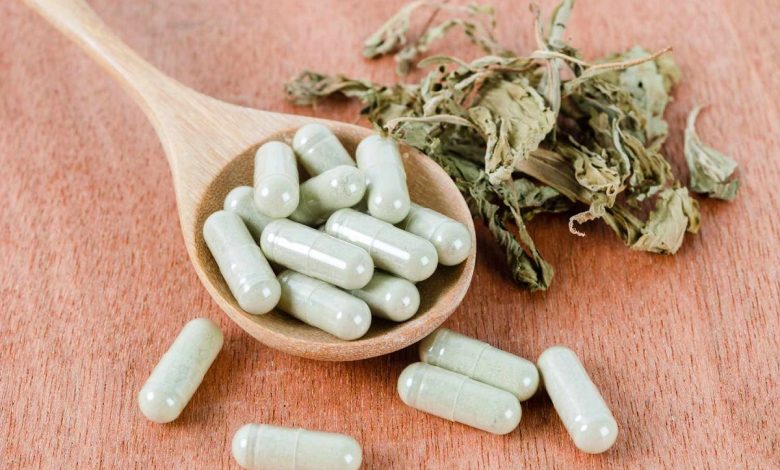The best herbs for osteoporosis that improve your physical strength

The best herbs for osteoporosis: As we age, a decline in bone-protecting hormones can cause weak bones. As a result, postmenopausal women and older men are most likely to get this condition. Other factors that increase the risk of osteoporosis include body size, ethnicity, family history, diet, medical conditions, medications, inactivity, smoking, and excessive alcohol use.
Often there are no symptoms. That is why it is referred to as a “silent” disease. Osteoporosis is a condition not often discovered until a fracture or vertebrae collapse. The delay in diagnosis plus subsequent injuries can result in back pain, loss of height, and/or a hunched posture.1
While medications can treat osteoporosis, herbs have become a popular remedy for those suffering from this condition.
In this health and beauty section of Eternal Pen magazine, we want to introduce you the best herbs for osteoporosis that are effective in increasing bone density. People who have weak bone density should increase the consumption of these plants in their diet and will gradually see its healing effects.
The best herbs for osteoporosis
There are many natural herbs recommended for osteoporosis. They may be used in cooking or are taken as a supplement in the form of a pill, powder, or tea. Here is a list of herbs that may improve bone health and work as an alternative treatment for osteoporosis:
- Red sage
- Red clover
- Thyme
- Turmeric
The best herbs for osteoporosis
Red Sage

The best herbs for osteoporosis: Red sage (Salvia miltiorrhiza) is a plant used in Chinese herbal medicine (where it is known as danshen) that has been associated with improvements in osteoporosis. A review of 36 clinical trials found red sage treated and improved more than 80% of osteoporosis cases.
Red sage is also a good source of vitamin K, which is needed for healthy bones.
This herb comes in the form of a capsule or tincture, and it can be made into a tea. Red sage should be used for only a short period due to the safety concerns with long-term use. This herb may also cause side effects and drug interactions and is contraindicated during pregnancy and in use with blood thinners.7 More research needs to be done to find the proper dosage for osteoporosis.
Red Clover

The best herbs for osteoporosis: Red clover (Trifolium pratense) is a perennial herb belonging to the legume family. Historically, it has been used as a complementary treatment for menopausal symptoms, such as hot flashes, as well as a variety of illnesses, including cancer, respiratory problems, and skin conditions.
Red clover can be consumed as an ingredient in herbal tea, as well as through capsules, tinctures, extracts, and as a topical treatment.
Thyme

The best herbs for osteoporosis: Thyme may be most effective when used with sage and rosemary. Bone mineral density levels were higher with this combination than with thyme alone.
Vitamins in Thyme:
Thyme also offers a good source of calcium, vitamin K, magnesium, manganese, and zinc. These nutrients can improve bone health.
You can find thyme as a fresh and dried herb. Oil extracts of thyme are also available in liquid and capsule form.
Turmeric

The best herbs for osteoporosis: Turmeric (Curcuma longa) is a yellow perennial root belonging to the ginger family (Zingiberaceae) and native to South Asia. Its anti-inflammatory and antimicrobial properties have made it important to herbal medicine for the past 4,000 years.
Curcumin, the active ingredient in turmeric, may help with low bone density. A preliminary study found taking a curcumin supplement for six months showed significant improvements in 57 people with low bone density.24
Turmeric comes as a dried powder that can be used in cooking. It is also available in a tincture, liquid, or capsule form.








